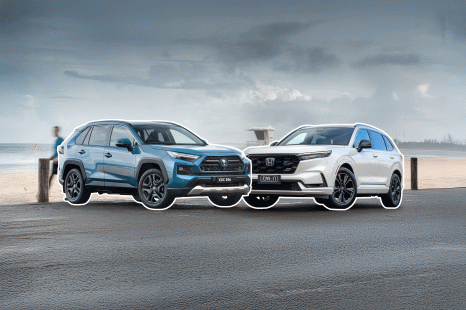

Andrew Maclean
Honda CR-V RS e:HEV vs Toyota RAV4 Edge Hybrid: Spec battle
5 Days Ago

Contributor
Nissan is giving the batteries from old EVs a new life, repurposing first-gen Leaf batteries to partially power production of parts… for the new Leaf.
It’s soon set use repurposed Nissan Leaf electric vehicle (EV) batteries to partially power the production of Leaf components at the Nissan Casting Australia Plant (NCAP) in Dandenong, Victoria.
The local manufacturing plant was first opened in 1982 and currently produces components fitted to every Nissan Leaf sold globally.
It also produces more than 50 per cent of the aluminium castings fitted to its battery electric and hybrid vehicles sold globally.
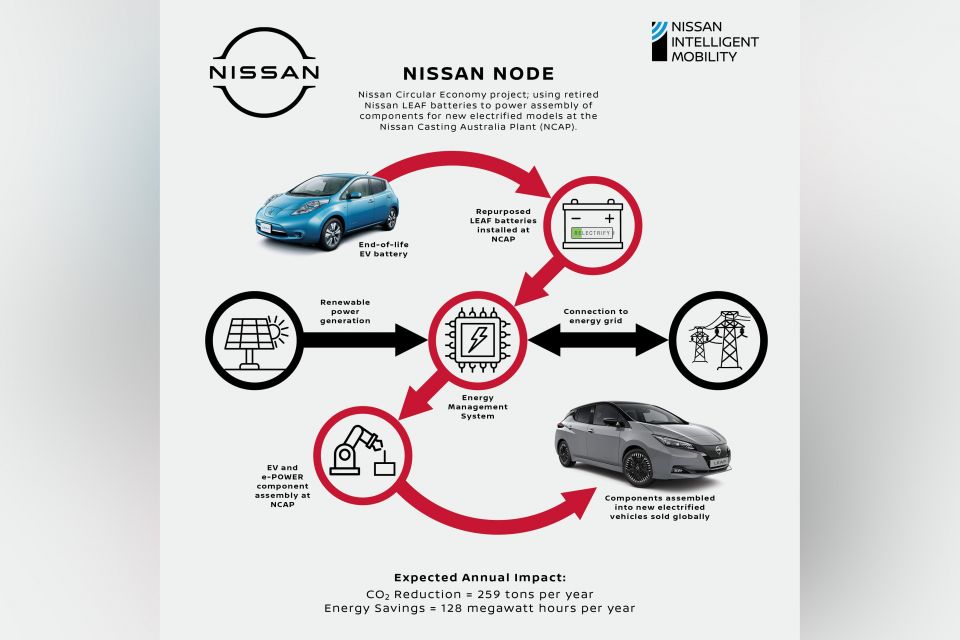
The circular economy project, dubbed Nissan Node, is being completed in partnership with Melbourne-based energy storage company Relectrify.
The companies will take nine end-of-life, first-generation Nissan Leaf batteries and have them repurposed into a “first-of-its-kind” battery energy storage system.
The system will be charged by a new solar array installed at NCAP, and partially power the manufacturing plant, as well as recharging staff vehicles at new EV chargers.
The nine repurposed Nissan Leaf batteries aren’t expected to fully power the NCAP facilities, as it’s still connected to electricity from the grid.
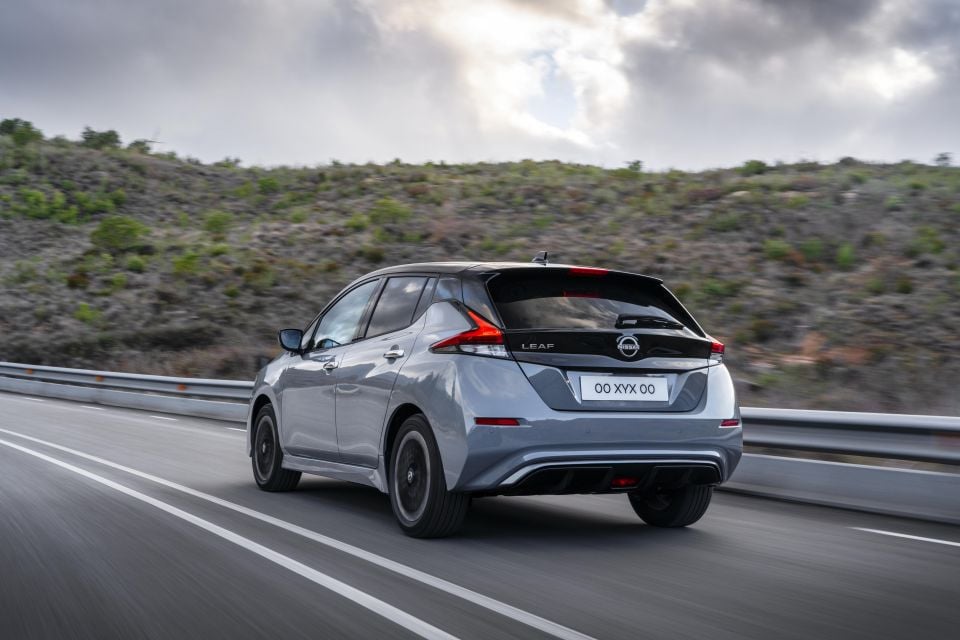
At this stage the Nissan Node project is set to be completed by the end of the year.
The project is estimated to reduce NCAP’s annual CO emissions by 259 tonnes, while saving 128MWh of energy every year.
“This isn’t just a hugely exciting project, but an important step into the future for end-of-life EV batteries,” said Nissan Casting Australia managing director Peter Jones.
“As an early pioneer of the electric vehicle both globally and locally, we can also demonstrate leadership in second-life battery initiatives.”
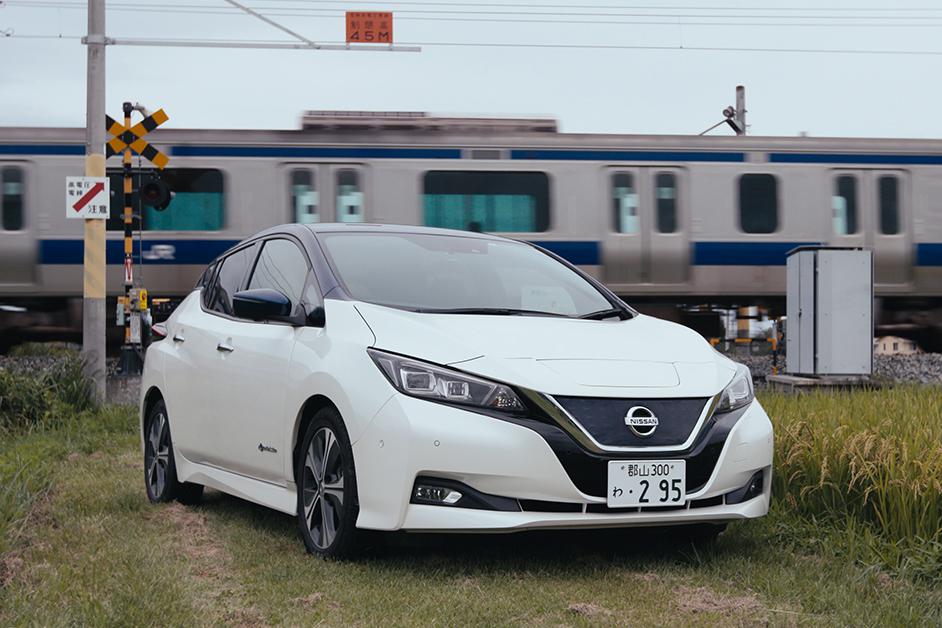
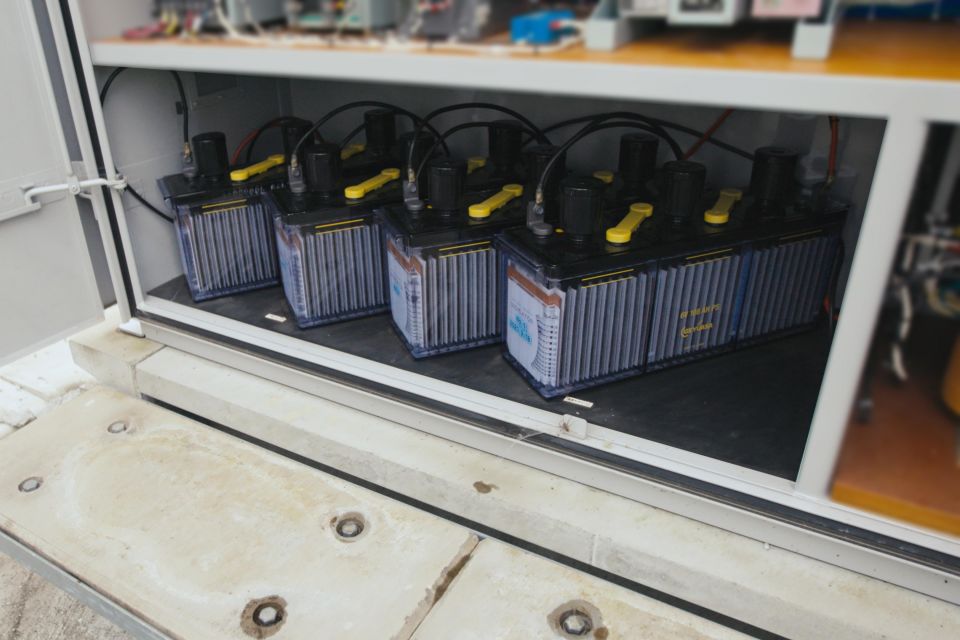
“I’m proud that this solution is every bit as innovative as the launch of the Leaf in Australia was more than 10 years ago.”
Similar projects like this Nissan Node one are already underway around the world, including a trial with the Eastern Japan Railway Company and 4R Energy Corporation using repurposed Nissan Leaf batteries on a railway crossing in Japan.
The Nissan Leaf is seen as one of the original mainstream EVs, although the Japanese automaker didn’t take action of its first-mover advantage and branch out from the Leaf sooner.
Nissan recently gave the Leaf an update for the 2023 model year which brought new exterior styling elements, as well as a digital rear-view mirror, among other minor changes.
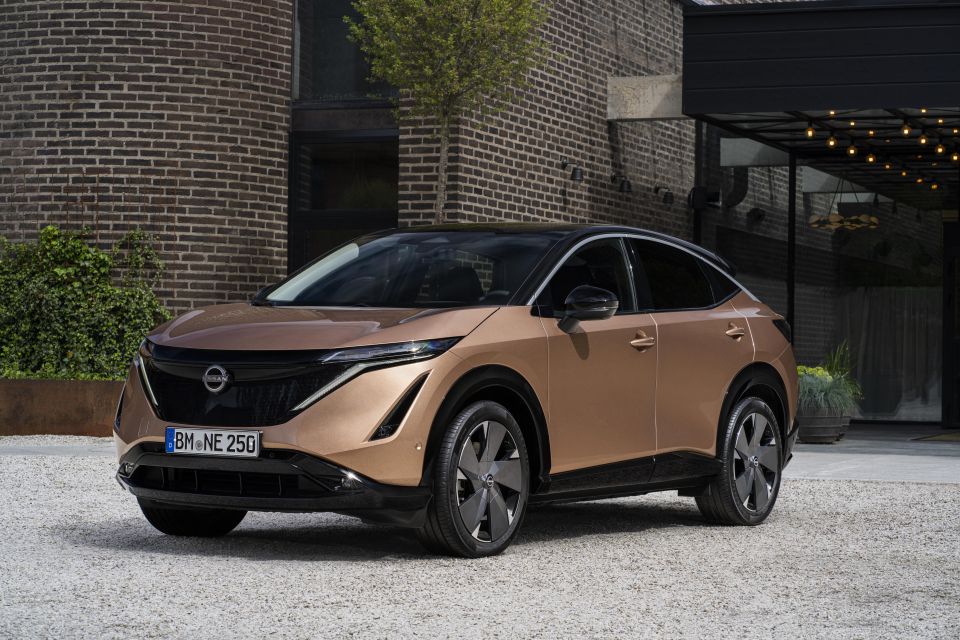
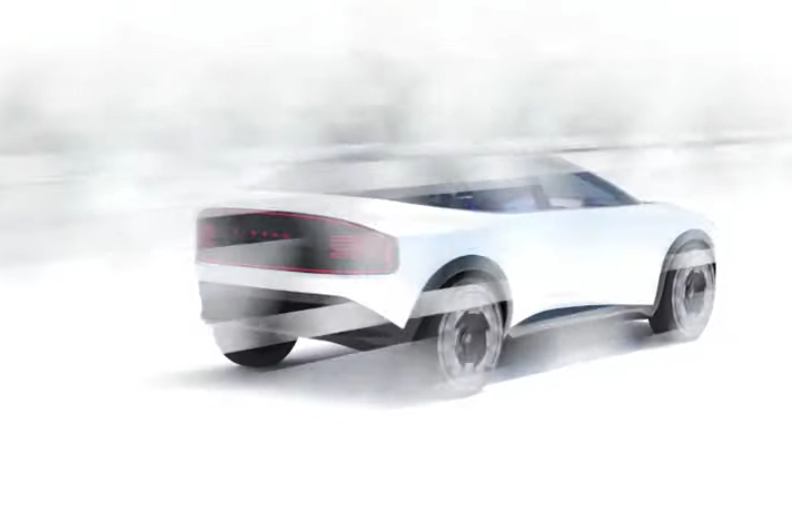
It took until 2021 for Nissan to introduce a second global EV, the Ariya crossover. Local launch timing for this model has yet to be confirmed.
The Leaf itself is set to be replaced in 2025 by a new electric crossover, though it’s unclear if it’ll retain the Leaf nameplate.
It’s set to use the Renault-Nissan-Mitsubishi Alliance’s new CMF-EV platform that’s also underpinning the Ariya and the Renault Megane E-Tech Electric.
MORE: Everything Nissan Leaf MORE: Used Nissan Leaf EV batteries powering Japanese train crossing
Where expert car reviews meet expert car buying – CarExpert gives you trusted advice, personalised service and real savings on your next new car.
Jack Quick is an automotive journalist based in Melbourne. Jack studied journalism and photography at Deakin University in Burwood, and previously represented the university in dance nationally. In his spare time, he loves to pump Charli XCX and play a bit of Grand Theft Auto. He’s also the proud owner of a blue, manual 2020 Suzuki Jimny.


Andrew Maclean
5 Days Ago
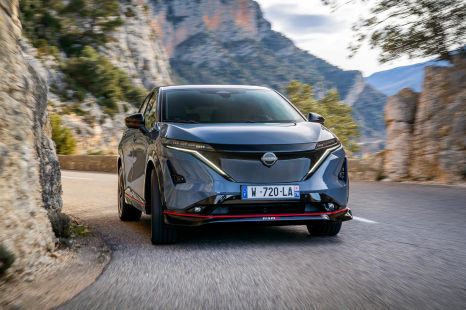

Shane O'Donoghue
5 Days Ago
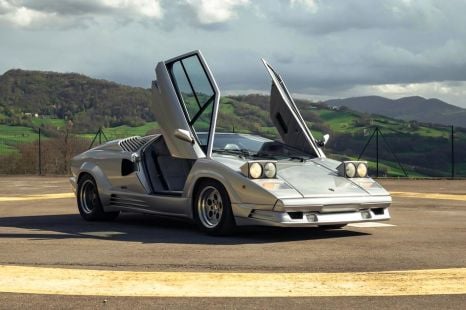

Anthony Crawford
4 Days Ago


Matt Campbell
3 Days Ago


James Wong
2 Days Ago
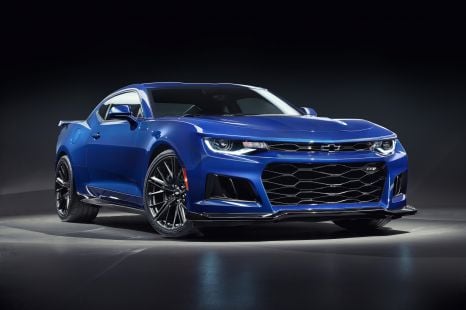

William Stopford
2 Hours Ago